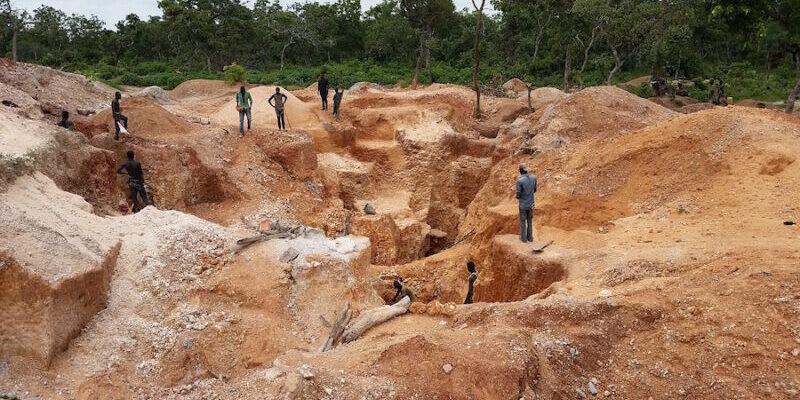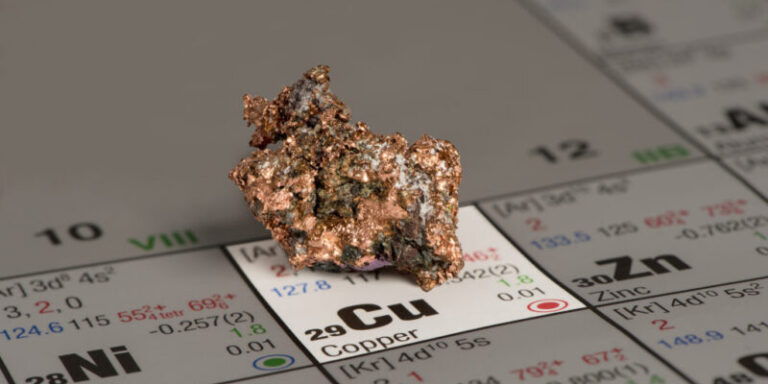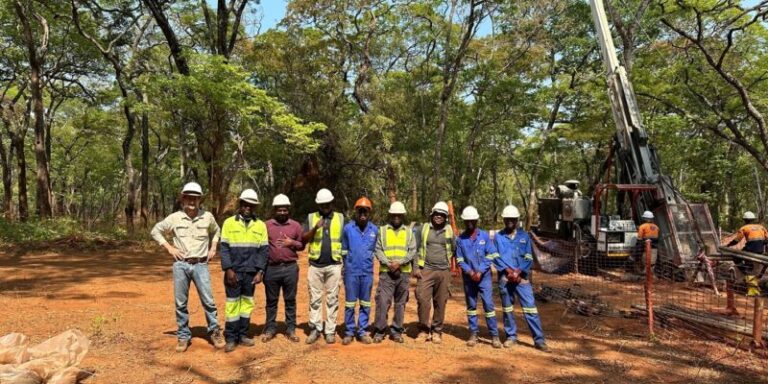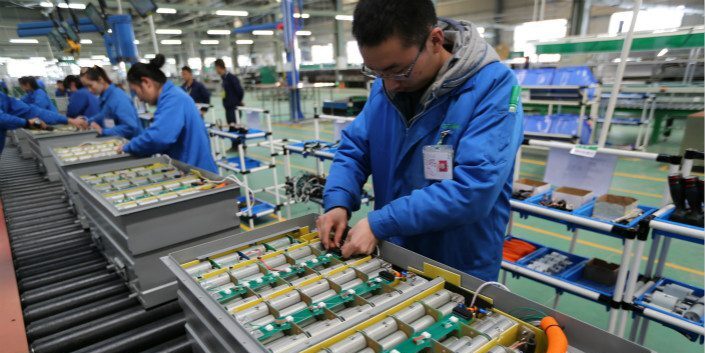
Nigeria has lifted a five-year ban on mining exploration in Zamfara, a northwestern state rich in gold, lithium, and copper deposits, citing improvements in security, according to the country’s mining minister.
The suspension of mining activities in Zamfara began in 2019 following frequent attacks by bandits, which significantly impacted the region’s safety.
“Security forces have made significant progress in reducing insecurity, and with the ban now lifted, Zamfara’s mining sector can gradually start contributing to the nation’s revenue,” said Dele Alake, Nigeria’s mining minister, in a statement on Sunday.
During the suspension, illegal mining operations exploited the region’s rich resources.
As Africa’s largest oil producer, Nigeria, which is also abundant in gold, limestone, and zinc, aims to boost its mining sector, which currently contributes less than 1% to the country’s GDP. The government seeks to diversify its economy away from oil dependence.
To attract investors, Nigeria has implemented several reforms, including revoking unused licenses, offering investors a 75% stake in a new national mining company, reducing exports of unprocessed minerals, and enforcing stricter regulations against illegal mining.
In addition to these efforts, Nigeria signed a training and development agreement with France earlier this month, as part of its broader strategy to build capacity in the mining sector.
“We need all the support we can get, including technical, financial, and capacity-building assistance from abroad. This is not the first such agreement; similar partnerships have been established with Germany and Australia,” Alake added.





